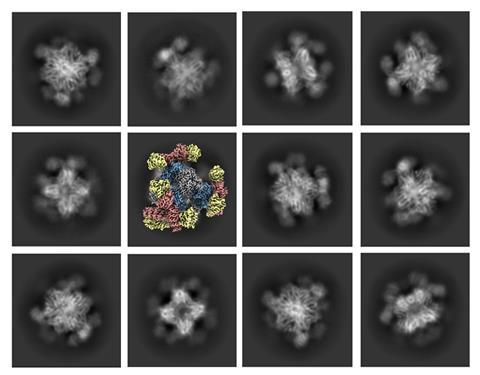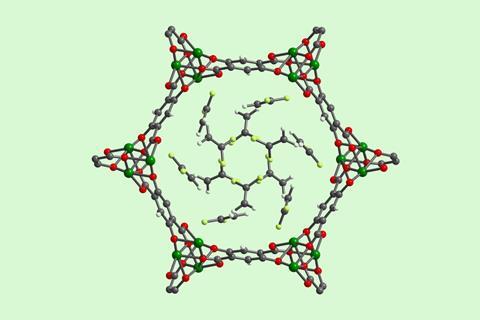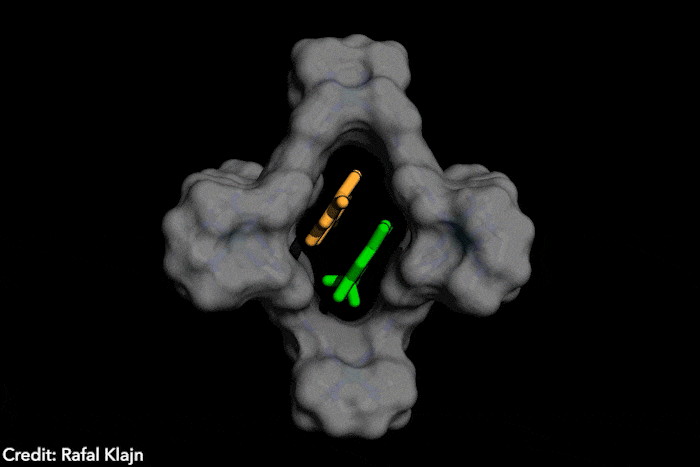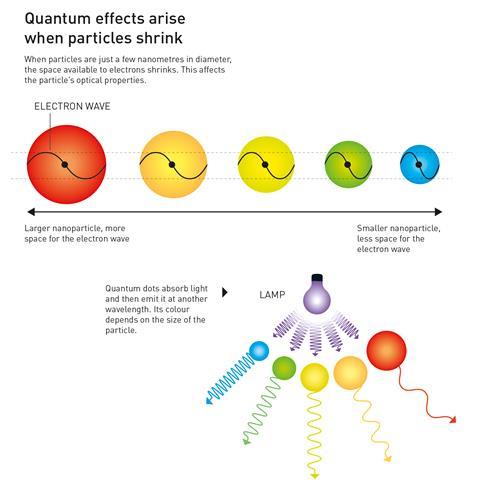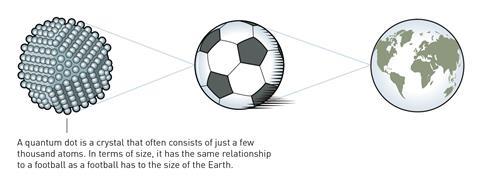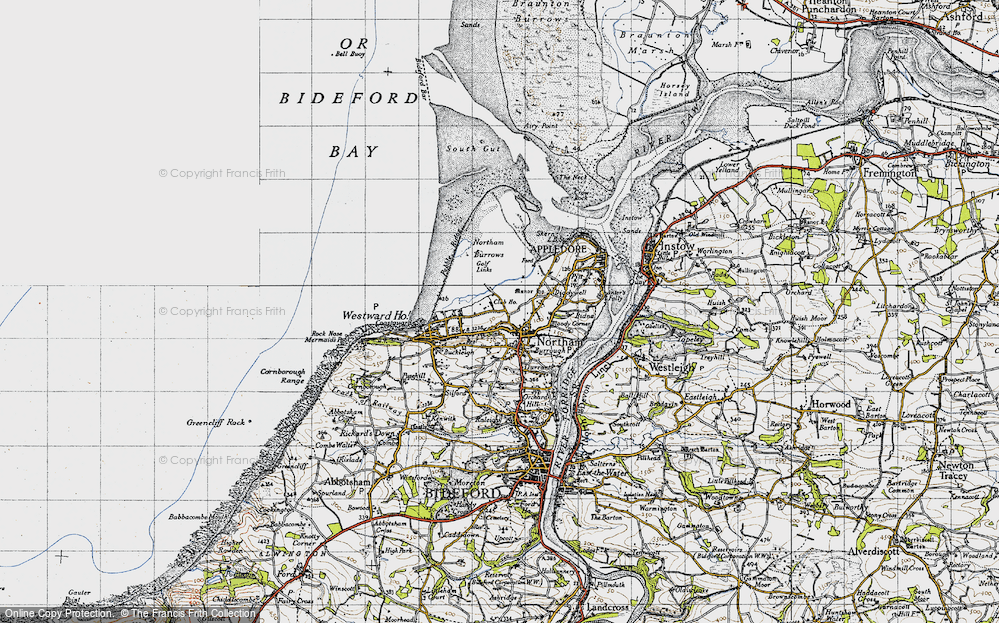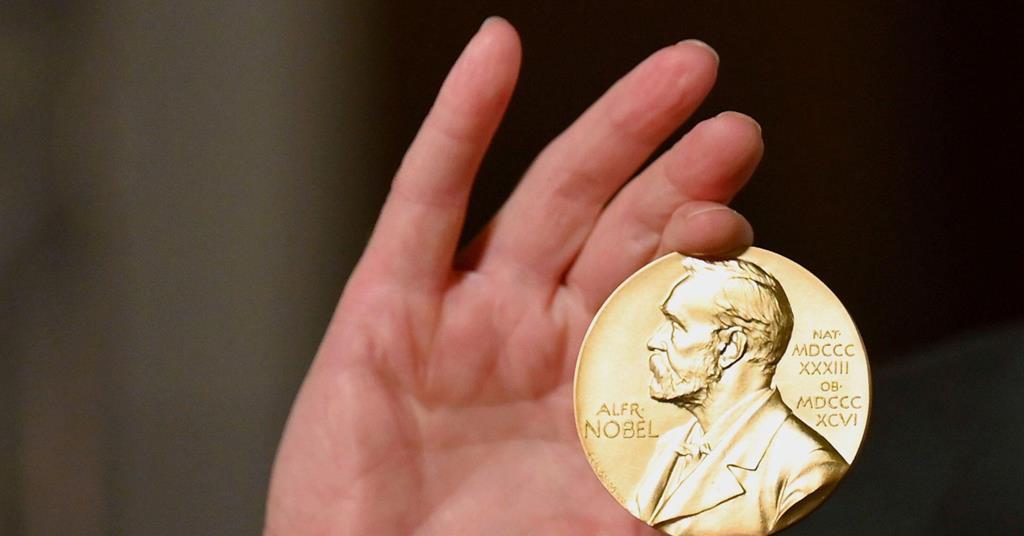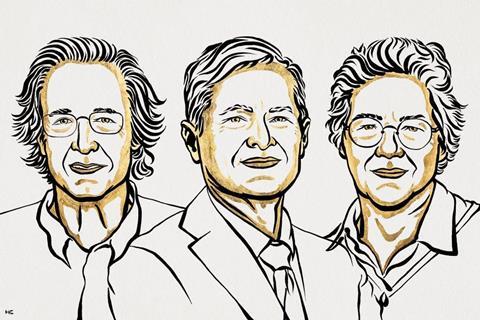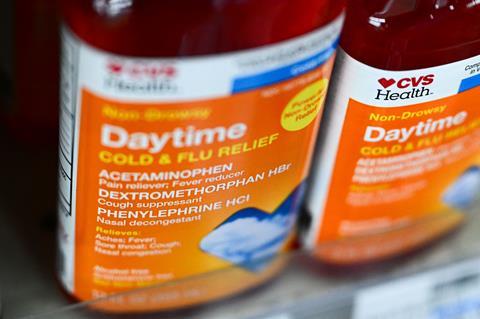Cryo-electron microscopy can now determine the atomic structure of small and medium-sized proteins thanks to molecular scaffolds that hold the proteins in place. The work could assist the discovery and design of promising drugs by elucidating protein structures that were previously inaccessible by cryo-EM. Cryo-EM scooped the Nobel prize in chemistry in 2017 as a […]
Read More